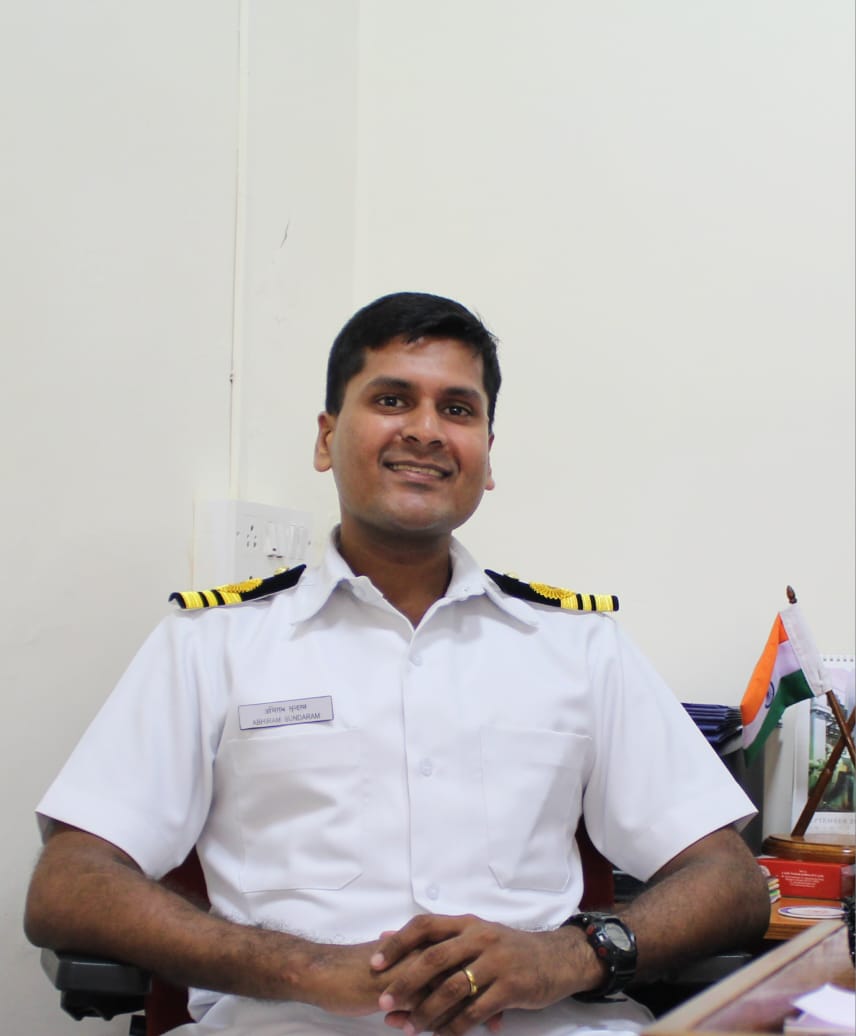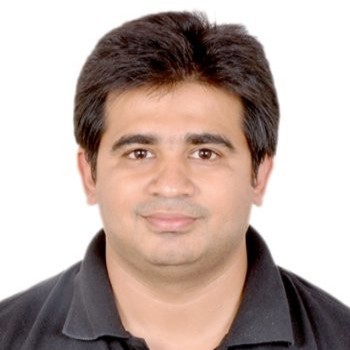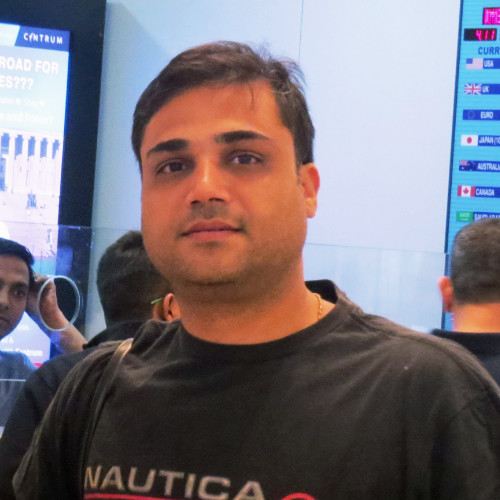University NAAC Accreditation Somaiya Vidyavihar University accredited with 'A' grade
New UG Programme B.Tech in CCE with 60 intake launched
Ph.D Programme Launched Ph.D. in EXTC with 10 intake begins
University Constituent KJSCE becomes constituent college of Somaiya Vidyavihar University
NAAC Accreditation KJSCE accredited with 'A' grade (5 years)
UGC Autonomy UGC grants autonomy status to KJSCE
NBA Accreditation (3rd) UG EXTC receives 2-year NBA accreditation
PG Programme Launched M.E. in EXTC with 18 intake starts
NBA Accreditation (2nd) UG EXTC earns another 3-year NBA accreditation
NBA Accreditation (1st) UG EXTC receives 3-year NBA accreditation
Intake Increased B.E. in EXTC intake doubles to 120
UG Programme Launched B.E. in EXTC with 60 intake begins






.jpg)









